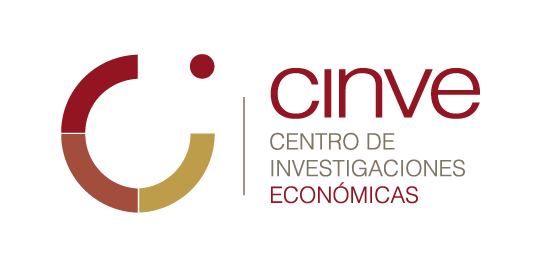The Developing Economies Volume 51, Issue 3 p. 233–331. 2013Carmen Estrades y Cecilia Llambí
Abstract
The 2008 global crisis affected the Uruguayan economy through two main channels: collapse in global trade and drop in capital flows. As a reaction to the crisis, the Uruguayan government adopted a countercyclical policy, increasing public consumption and investment and expanding social benefits to unemployed workers. In this paper, we apply a static computable general equilibrium model (CGE) linked to a microsimulation model to analyze how effective were the policy responses to prevent or soften the impact of the global crisis on the Uruguayan economy. We find that a policy based in increasing current public consumption does moderately counteract some negative impacts of the crisis, but benefits mainly skilled workers, and does not act directly towards the most affected population. This exercise is particularly important because Uruguay is a small open economy highly exposed to external shocks.
http://EconPapers.repec.org/
